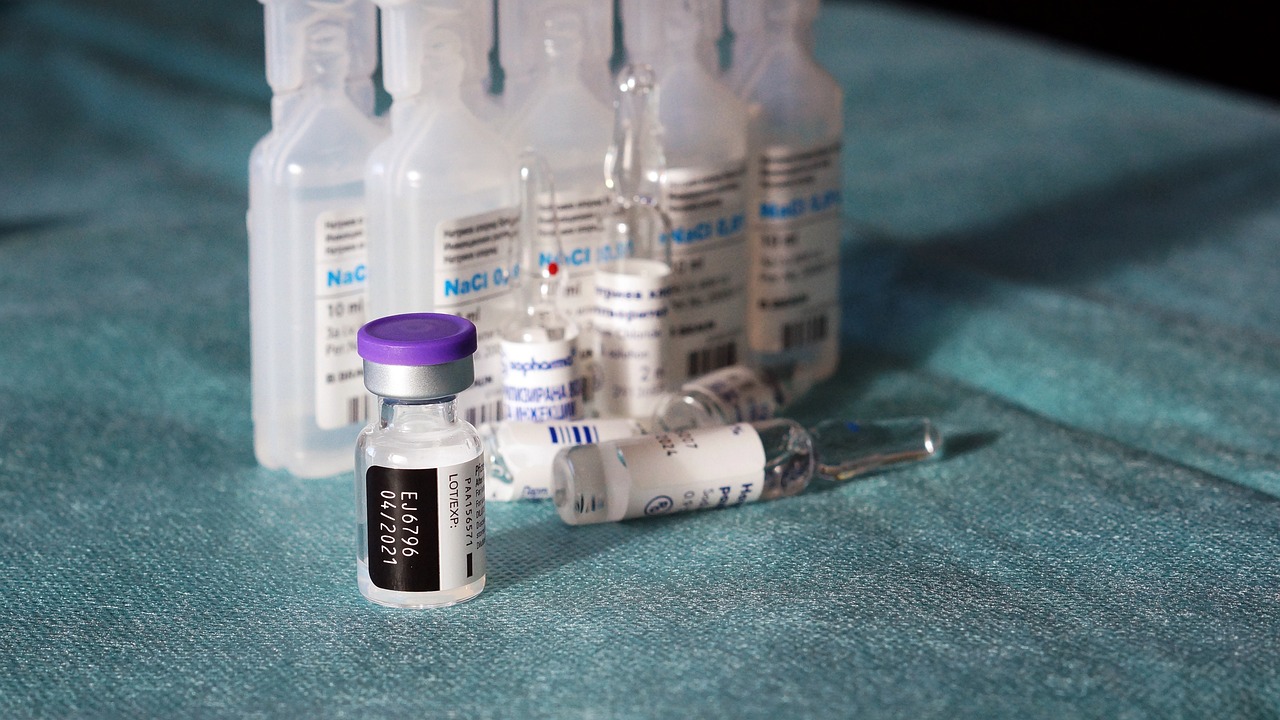Taking a reduced dose of the Pfizer COVID-19 booster vaccine produces a similar immune response as a full dose with fewer side effects, a new study has found.
Researchers from Murdoch Children’s Research Institute (MCRI) and the National Center for Communicable Diseases in Mongolia evaluated the immune response from different COVID-19 booster shots to determine future vaccination strategies.
The team discovered that people who previously received AstraZeneca or Sinopharm COVID-19 vaccines had a “non-inferior” immune response when given a half dose of a Pfizer COVID-19 booster vaccine, comparable to those who received a full dose.
However, in adults who received Russia’s Sputnik V COVID-19 vaccine, the half-dose may be less effective, the study revealed.
“The study found half-dose boosted participants reported fewer local reactions than those receiving full doses (60% versus 72%) including less pain and tenderness. They also reported fewer systemic reactions (25% versus 32%) including fewer fevers, vomiting, diarrhea, and headaches,” the researchers said in a news release.
The first batch of the findings was published in the journal The Lancet Regional Health – Western Pacific. The study involved 601 adult participants from Mongolia. Their immune response was evaluated 28 days after vaccination.
“Fractional dosing may improve COVID-19 booster acceptability and uptake and reduce the per-dose cost of COVID-19 booster programs. Policymakers and immunization advisory committees can draw upon this data to make flexible boosting schedules decisions,” said MCRI Professor Kim Mulholland, who was part of WHO’s Strategic Advisory Group of Experts on Immunization.
Researchers will conduct a follow-up at six and 12 months to evaluate other aspects of the immune response, including the rate of waning and breakthrough infections.
“This CEPI-funded study has generated valuable data about combinations of vaccines that have been widely distributed through COVAX, which will help to inform future booster strategies in countries in the global south. Fractional dosing can contribute to equitable access by making vaccination more acceptable and less costly,” said Dr. Melanie Saville, executive director of R&D at The Coalition for Epidemic Preparedness Innovations (CEPI).


